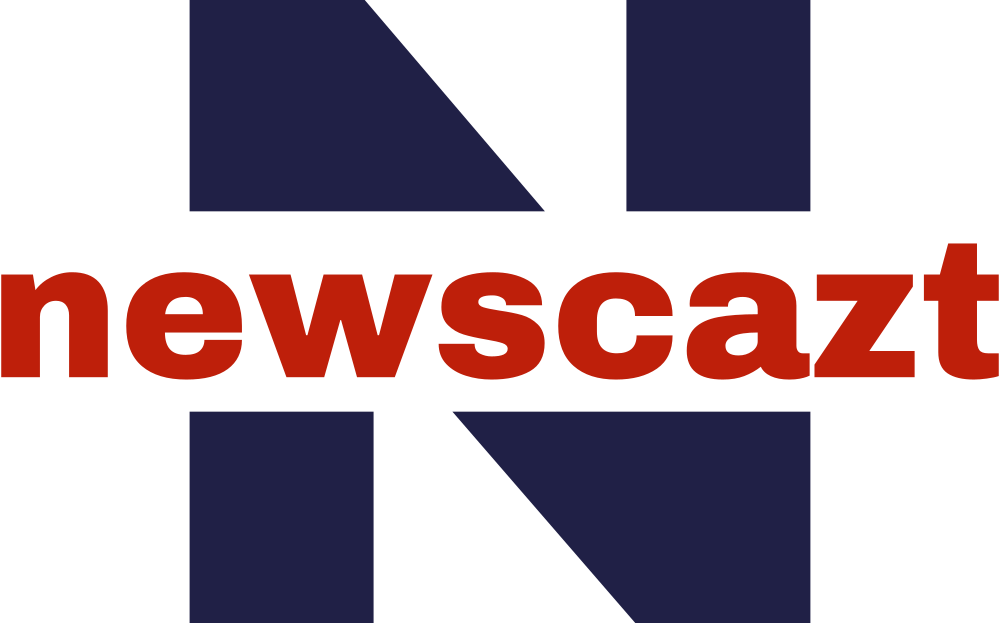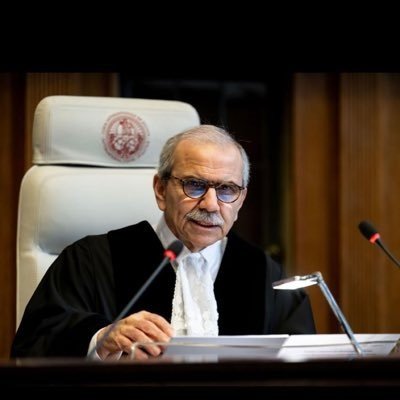Nawaf Salam Named Lebanon’s PM, Hezbollah Expresses Displeasure
Lebanon’s President Joseph Aoun has summoned Nawaf Salam, the International Court of Justice (ICJ) chief judge, to assume the role of prime minister following his nomination by a majority of lawmakers. Salam’s designation underscores a significant shift in Lebanon’s political landscape, one that has triggered discontent among Hezbollah and its allies.
The move comes after Salam secured the backing of 84 out of 128 parliamentarians, including Christian, Druze, and prominent Sunni Muslim MPs. These factions, some of whom are critical of Hezbollah, have advocated for changes that challenge the group’s longstanding dominance. Salam’s nomination is viewed as a step toward reviving Lebanon’s paralyzed government institutions after years of political stalemate.
Hezbollah’s Reaction
Hezbollah, along with its Shi’ite ally Amal Movement, has refrained from endorsing any candidate, signaling its reluctance to participate in Salam’s government. Senior Hezbollah lawmaker Mohammed Raad accused political opponents of fostering exclusion and division.
“Any government at odds with coexistence has no legitimacy whatsoever,” Raad stated, emphasizing that Hezbollah would act prudently in the interest of national stability.
Hezbollah’s opposition to Salam follows its preference for incumbent Najib Mikati to continue as prime minister. The group also expressed frustration over what it perceived as a breach of prior political understandings, especially following its support for the election of Joseph Aoun as president.
Aoun’s Election
Last week’s election of President Joseph Aoun, a U.S.-backed army commander, was another indicator of shifting power dynamics in Lebanon. Aoun’s rise marks a resurgence of Saudi influence in Lebanese politics, counterbalancing Hezbollah’s and Iran’s dominance.
The election of a new president and the designation of a prime minister are seen as critical steps toward addressing Lebanon’s governance crisis. For over two years, the country has lacked a functioning head of state and a fully empowered cabinet.
Challenges Ahead
Salam faces immense challenges as he begins the task of forming a government. These include rebuilding areas devastated by Israeli airstrikes during the Hezbollah-Israel conflict and implementing critical reforms to revive Lebanon’s crumbling economy. The country has been reeling from a financial collapse since 2019, and foreign aid remains contingent on significant structural changes.
Christian lawmaker Gebran Bassil described Salam as a “face of reform,” while Sunni MP Faisal Karami cited demands for “change and renewal” as reasons for supporting Salam.
President Aoun has expressed optimism, stating, “We have great opportunities abroad,” alluding to promises of international support.
Sectarian Dynamics
Under Lebanon’s sectarian power-sharing structure, the presidency is reserved for a Maronite Christian, the prime minister must be a Sunni Muslim, and the parliamentary speaker is a Shi’ite Muslim. While Salam’s nomination has been widely supported, Hezbollah’s late arrival at consultations with Aoun reflects lingering discord and strategic delays aimed at countering his momentum.
Salam, who recently presided over the ICJ’s first hearing on a case involving Israel and South Africa, brings extensive diplomatic experience to the table. As commander of the Lebanese army, President Aoun previously played a pivotal role in implementing a U.S.-brokered ceasefire between Israel and Hezbollah, adding further credibility to his leadership during this transitional period.
Also See:
Also see: Los Angeles Wildfires Destroy Celebrity Homes
Major US Banks Exit Net Zero Alliance Ahead of Trump Presidency
Mayur Bharatbhai, Affordable Lehengas & Shark Tank
L&T Chairman: Remarks on 90-Hour Workweeks Draw Sharp Criticism
—————————————————————
It would mean the world to us if you follow us on Twitter, Instagram and Facebook.




